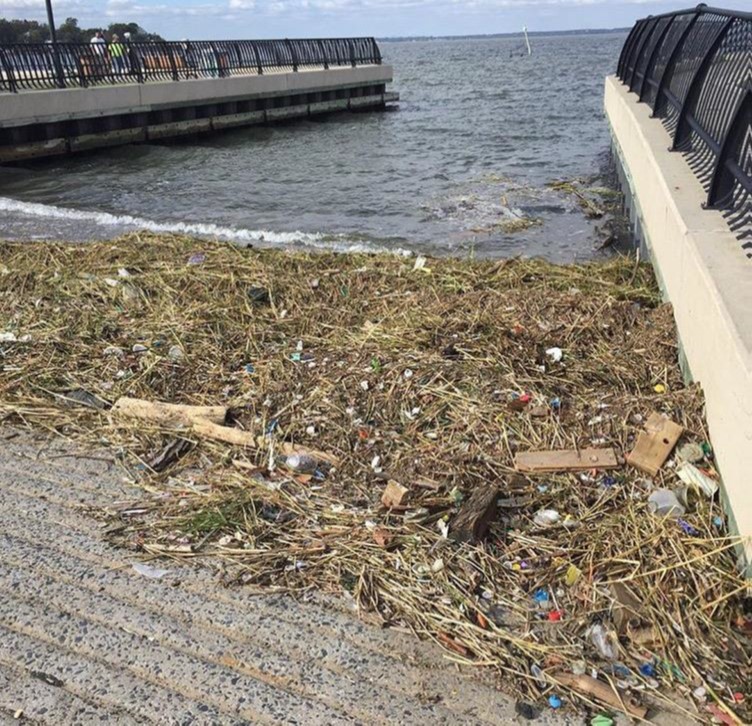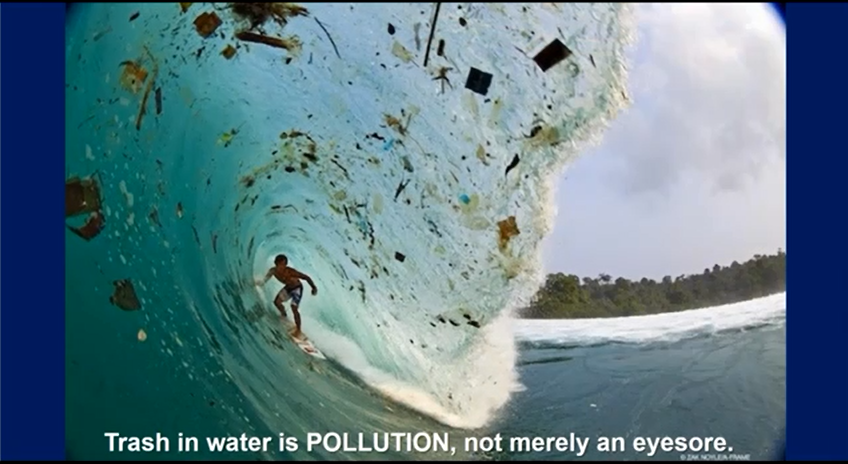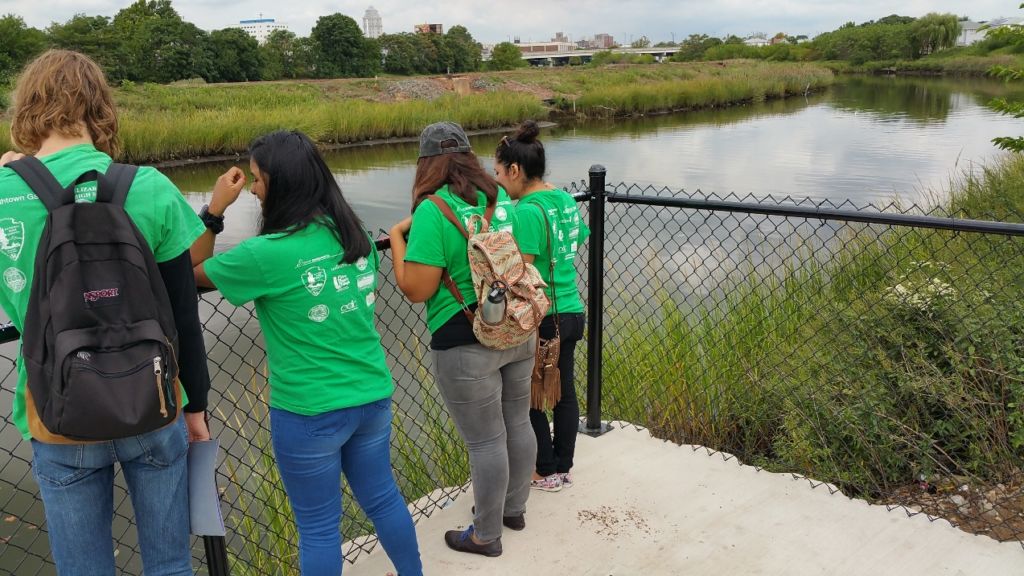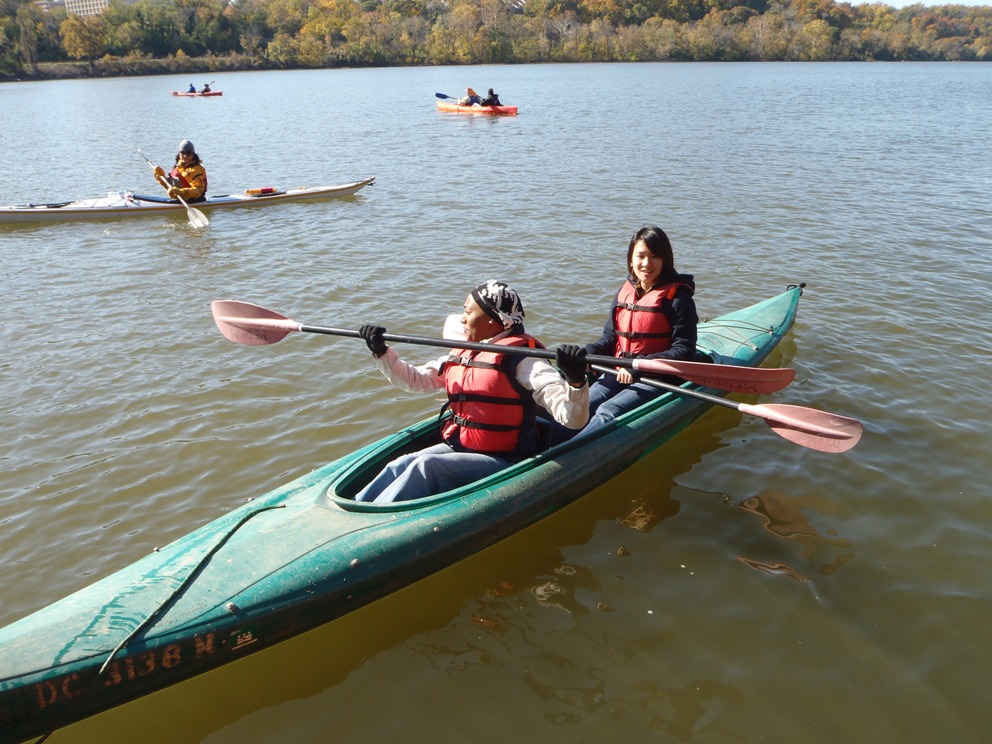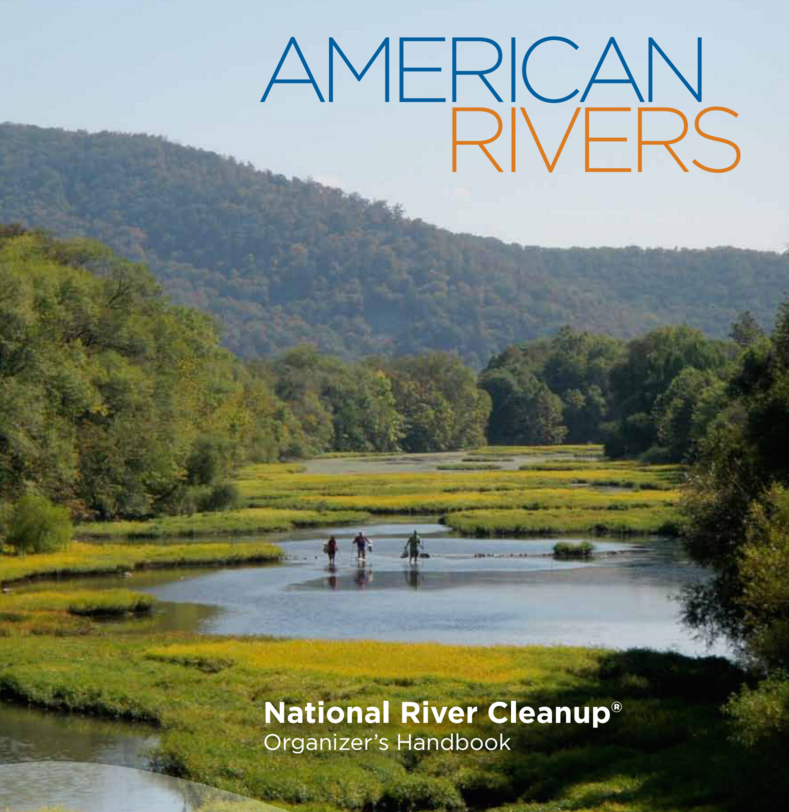trash & pollution
June 30, 2021
The Community Cans Artmaking Guide grew from projects and partnerships in the City of Philadelphia to reduce the amount of litter found in the streets and water bodies. “The Community […]
February 12, 2021
Waste in Our Waters: A Community Toolkit for Aquatic Litter Removal is a step-by-step guide for addressing litter in your community, both before and after it reaches your local waterway. River Network created this toolkit […]
December 7, 2017
Advocating for change starts first with quantifying and documenting the extent of plastics pollution. The NY/NJ Baykeeper study illuminates the high prevalence of plastics pollution within the Harbor Estuary and highlights the importance of both decreasing plastics consumption and increasing disposal awareness.
October 9, 2017
Litter and trash from consumer goods make up the majority of marine debris that pollute our waterways and oceans. Feel like your organization needs to do more than annual clean […]
October 9, 2017
Monitoring of our waterways is critical to identify issues of concern, to evaluate restoration projects’ success, and to gauge changes over time. New technologies are continually shaping the way we […]
May 6, 2017
Since its founding in 1996, Blue River Watershed Association (BRWA) has been a leader in designing innovative experience-based environmental education activities to improve the quality of the Blue River watershed and […]
January 11, 2017
The long-term vision for the Elizabeth River Trail project in Elizabeth, New Jersey is to connect people with the natural environment in the most densely populated region of the country. Through signage and service learning events, residents and visitors will learn about ecological restoration plans for the river and become environmental stewards of this valuable resource. Ultimately, the trail will tie into the regional network of greenways already established and under construction.
December 1, 2016
Groundwork Anacostia, a "trust" under the umbrella of Groundwork USA, is based in the District of Columbia’s Ward 7, which has the longest portion of riverbank—including four out of the five tributaries that feed the Anacostia River. The neighborhood has a large amount of green space in the form of National Park Service (NPS) historical preserves, Civil War sites, and city parkland. Groundwork Anacostia’s main focus has been to improve this parkland, as well as local derelict lots and vacant land, in order to improve quality of life and access for neighborhood residents, while also offering innovative education and job training programs for area youth.
April 20, 2016
UCLA and LA Waterkeeper were selected by EPA under the Urban Waters Small Grants Program to work with Jefferson High School in south Los Angeles to conduct a neighborhood-scale assessment […]
February 9, 2016
Handbook developed for all Cleanup Organizers with tips to help host successful cleanup events.



